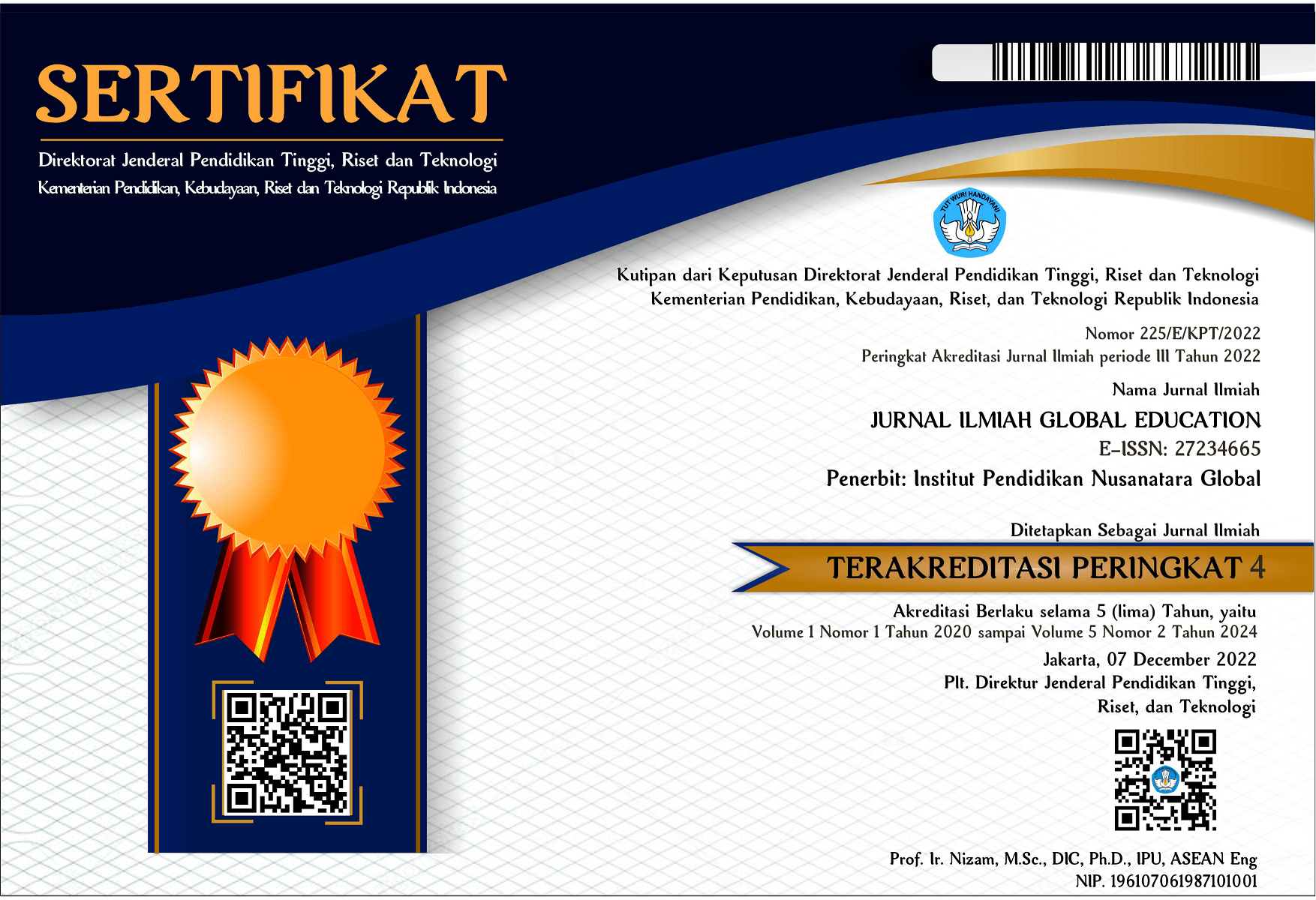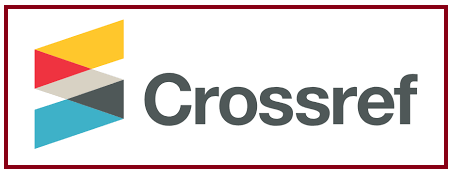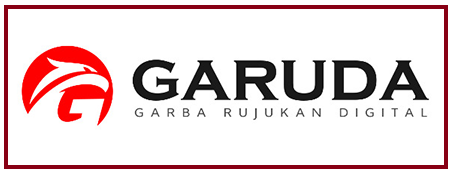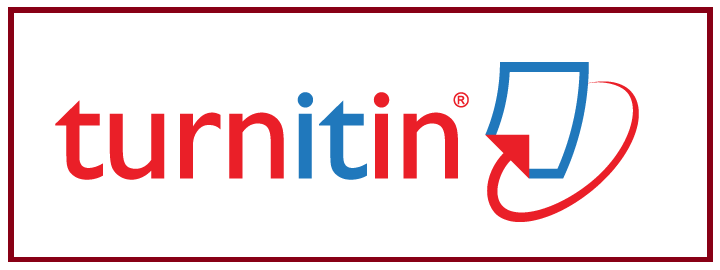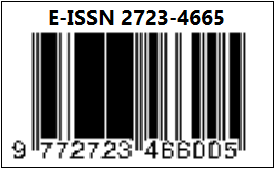Digital Talent Mapping Based on Digital Knowledge
DOI:
https://doi.org/10.55681/jige.v5i3.3367Keywords:
Digital knowledge, talent mapping, employee performance, digital talentAbstract
The study aims (1) to assess the digital knowledge value of BI Department employees using indicator standards, (2) to assess employee performance using KPIs, (3) to map talent pools, and (4) to recommend employee development programs. This research focused on an Indonesian e-commerce company. This research is quantitative and qualitative. Data was analyzed using descriptive statistical analysis and a talent mapping matrix. BI Department competence examination found that all Heads of BI Sub-Departments surpassed corporate criteria, while other workers met business norms. The effective attainment of business objectives using Key Performance Indicators (KPI) by a single member of the BI Department indicates the need for more improvement. An extra eleven workers exceeded expectations. Digital talent mapping for the BI Department highlighted Rising Star, Solid Performer, and Marginal Performer positions. 4. Based on the role in digital talent mapping, employee development might include competence development, objective setting, extra duties, work rotation, superior support, and aligning goals and expectations.
Downloads
References
Ábrahám, Z., Szőgyényi, D., Eckert, B., & Németh, S. (2023). Mapping problem-solving competencies and talent management strategies for universities. Higher Education, Skills and Work-Based Learning, (ahead-of-print). https://doi.org/10.1108/heswbl-03-2022-0063
Andriani, D. (2021). A critical review of the labor competitiveness as human capital in Indonesia. International Journal of Research in Business and Social Science (2147-4478), 10(5), 52-65. https://doi.org/10.20525/ijrbs.v10i5.1303
Cerya, E., & Sari, J. M. (2018, July). Labor Competitiveness in Digital Economy: A Systematic Review of College Graduates. In First Padang International Conference On Economics Education, Economics, Business and Management, Accounting and Entrepreneurship (PICEEBA 2018) (pp. 11-21). Atlantis Press. https://doi.org/10.2991/piceeba-18.2018.2
Dominic, P. L., & Kumar, D. S. P. (2021). An Empirical Study on Talent Landscaping in Information Technology Industry. International Journal of Information Technology &Amp, 1-11. https://doi.org/10.55529/ijitc.12.1.11
Doyle, S., Grad, T., Nurmohamed, S., & Pai, J. (2022). The Consequences of Competition in Organizations. In Academy of Management Proceedings (Vol. 2022, No. 1, p. 15201). Briarcliff Manor, NY 10510: Academy of Management. https://doi.org/10.5465/AMBPP.2022.15201symposium
Gorokhova, V., & Kakadiy, I. (2023). The War for Talents as a Competitive Strategy in Modern Organizations. Bulletin of Science and Practice, 1, 264–268. https://doi.org/10.33619/2414-2948/86/36
Joshi, M. P. (2023). Talent Management: A Significant Approach to Strategic HRM in the Hotel Industry. In K. Kankaew (Ed.), Strategic Human Resource Management in the Hospitality Industry: A Digitalized Economic Paradigm (pp. 193-207). IGI Global. https://doi.org/10.4018/978-1-6684-7494-5.ch010
Kaur, J., & Singh, K. N. (2022). An exploratory study on innovative competency mapping and its relevance for talent management. Journal of Information and Optimization Sciences, 43(7), 1589-1599. https://doi.org/10.1080/02522667.2022.2138218
Mahajan, A., & Trivedi, B. (2022). Conquering talent challenges-the Troikaa way. International Journal of Business and Globalisation, 31(1), 78-91. https://doi.org/10.1504/ijbg.2022.124524
Puli, J., & Sagi, S. (2022). Competency mapping building a competent workforce through human resource information system. Journal of Information and Optimization Sciences, 43(7), 1885-1899. https://doi.org/10.1080/02522667.2022.2140261
Ramadhan, P. S., Nurmaini, E., Lubis, D. M., & Iqbal, M. (2024). Evaluasi Penilaian Kinerja Guru dan Sistem Pembelajaran. Indo-MathEdu Intellectuals Journal, 5(3), 3874-3880. https://doi.org/10.54373/imeij.v5i3.1450
Rubalcaba, L. (2024). Competitiveness. In International Encyclopedia of Geography (eds D. Richardson, N. Castree, M.F. Goodchild, A. Kobayashi, W. Liu and R.A. Marston). https://doi.org/10.1002/9781118786352.wbieg0585.pub2
Santoso, W., Sitorus, P. M., Batunanggar, S., Krisanti, F. T., Anggadwita, G., & Alamsyah, A. (2021). Talent mapping: a strategic approach toward digitalization initiatives in the banking and financial technology (FinTech) industry in Indonesia. Journal of Science and Technology Policy Management, 12(3), 399-420. https://doi.org/10.1108/jstpm-04-2020-0075
Sarangal, R., Kumar, A., Chauhan, P., Dangwal, A., & Mehta, M. (2023). The War for Talent in the Digital World. In M. Gupta, K. Shalender, B. Singla, & N. Singh (Eds.), Applications of Neuromarketing in the Metaverse (pp. 182-191). IGI Global. https://doi.org/10.4018/978-1-6684-8150-9.ch014
Stuss, M. M. (2020, February). Talent Management? War for Talents. In Proceedings of Business and Management Conferences (No. 10112459). International Institute of Social and Economic Sciences. https://doi.org/10.20472/bmc.2020.011.013
SULTONOV, T. (2023). TWO IMPORTANT ASPECTS OF TALENT. Ижтимоий-Гуманитар Фанларнинг Долзарб Муаммолари / Актуальные Проблемы Социально-Гуманитарных Наук / Actual Problems of Humanities and Social Sciences, 3(2), 124–132. https://doi.org/10.47390/1342v3i2y2023n16
Vomberg, A., de Haan, E., Fabian, N. E., & Broekhuizen, T. (2024). Digital knowledge engineering for strategy development. Journal of Business Research, 114632. https://doi.org/10.1016/j.jbusres.2024.114632
Downloads
Published
How to Cite
Issue
Section
License
Copyright (c) 2024 Raniasari Bimanti Esthi, Indra Setiawan, Sinta Sundari Heriyanti

This work is licensed under a Creative Commons Attribution-ShareAlike 4.0 International License.


